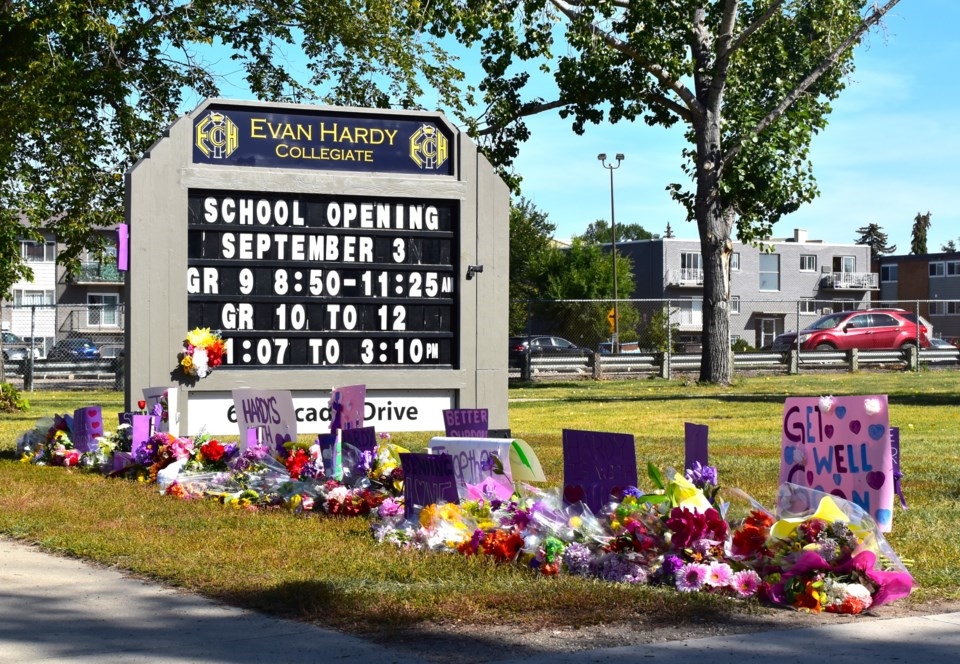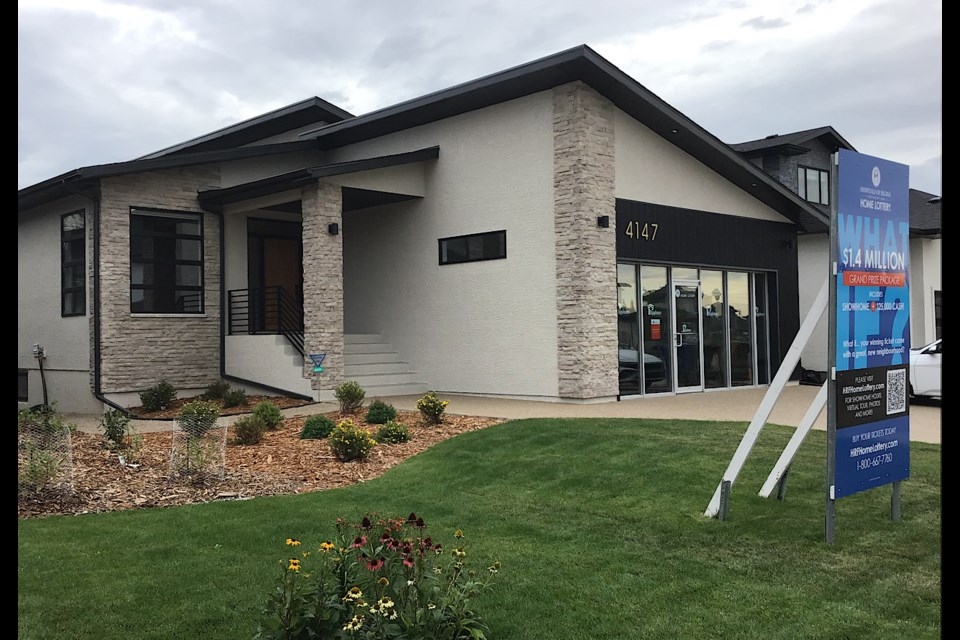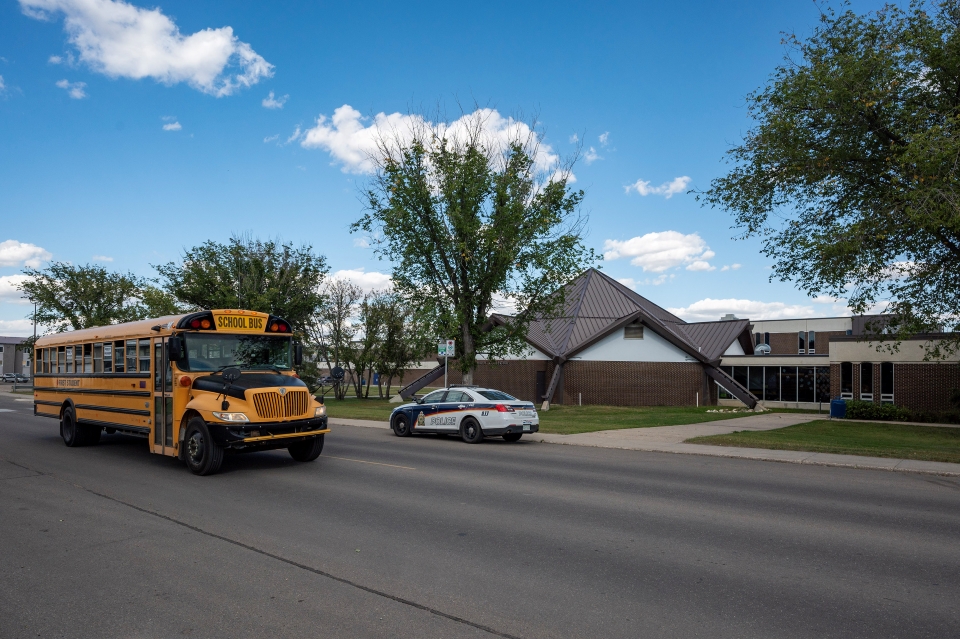The Government of Saskatchewan announced that they would be providing up to $1.7 million in additional funding to increase the number of emergency shelter spaces in the province.
The Ministry of Social Services will provide an additional $800,000 to community partners to support seasonal cost pressures and $900,000 to increase emergency shelter capacity by up to 60 spaces this winter in Prince Albert, Saskatoon and Regina.
The ministry said it is in discussions with community-based service providers to determine the number of additional emergency shelter spaces in each community.
They also said that the additional funding for emergency shelters would provide more support during the upcoming winter months while work continues to seek longer-term actions to address chronic homelessness.
The ministry is also continuing to collaborate with Indigenous and community partners and all levels of government to seek new approaches to better support individuals who need more than a home to remain connected to housing.
Aurora Marinari, the development coordinator at Carmichael Outreach, says she isn’t confident that the funding will help out too much.
“I don’t think it will be enough,” she stated. “The province closed down ‘The Lighthouse’ in Saskatoon with no alternative. That’s a 60-bed shelter that is just now gone.”
She said that last year the City of Regina helped open up a 40-bed temporary bed shelter, which barely made a dent in the homeless crisis in the city.
“Camp Hope had over 100 residents at one point, and that shelter did not have enough space for even half of the residents. Their emergency shelter was just a drop in the bucket,” she said. “The point-in-time count had 488 people that were found homeless last November, and we know that number has increased this year. Unless they are opening a shelter that can accommodate that number of people, it will never be enough.”
Marinari said things have only gotten worse from last year.
“I think the statistics that recently came out that we are up to one in four Camp Hope residents have passed in the last year. Twenty per cent of the people that were living in that camp have since passed from overdoses and the cold,” she said. “That definitely shows that there is an increase in the numbers and what is happening to the folks in our community this year.”
“Each morning, we are finding the lineup is starting early and early and getting longer and longer for people just wanting a safe place to come and warm up,” she added.
She said that it’s going to take a commitment from all levels of government, as well as. a different approach to see changes made.
“Putting somebody in a home is not the only answer. In order to keep them in their home, you have to address what led to the issues that resulted in them being homeless. Thinking that they can put people in a home without any additional support for their mental health and drug crisis will not help solve anything.
“There needs to be fair more support from all three levels of government going into addressing the mental health and drug crisis,” she continued.
Marinari said that with colder temperatures approaching, they are running short on first aid supplies.
“We are getting more and more clients who are coming in with frostbite and other cold weather-related injuries, and first aid supplies are really expensive for us to purchase.”
She added that frostbite is a very real risk for a lot of the people who use their services and access their building each day.







